Image

Research, Practice, Policy: Building, Translating & Disseminating the Evidence Base
The Family Resiliency Center at the University of Illinois Urbana Champaign is home to cutting-edge research, education, and outreach initiatives that enrich the well-being of children, youth, families, and communities. Discover some of our projects below.
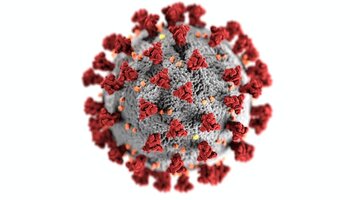
COVID-19 Thorns & Silver Linings for Mental Health & Vaccine Uptake: A Mixed-Method Study of Role Reversal, Stress, and Resilience
This project provides an evidence base for how families, youth, and child care providers have coped with COVID-19, as well as how they will continue to cope with this pandemic and adjust to it.
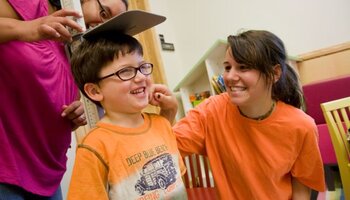
STRONG Kids 2: A Cells to Society Approach to Nutrition
The Synergistic Theory and Research on Nutrition and Obesity Group (STRONG) Kids program explores how individual biology interacts with the family environment to promote healthy eating habits in young children. It is one of the first studies to take a longitudinal look at eating habits from a child's birth.

Optimizing a Mindful Intervention for Urban Minority Youth via Stress Physiology
This study investigates how mindfulness practices (breathing, meditation) beneficially impact stress physiology of underlying externalizing behaviors among low-income, largely minority adolescents relative to health education programming.

CACFP Food Program and Family Child Care Study
This research project aims to identify the impact of the COVID-19 pandemic and policies and procedures of the Child & Adult Care Food Program (CACFP) that impact family child care providers’ access to the program.

Understanding Nutritional Challenges of People Who Have Experienced Cancer
This project is working to identify the role that food security plays in cancer survivorship and how people with a history of cancer prioritize their nutrition and food needs.

Environmental Risks in the Context of Family Child Care
This study seeks to characterize the environmental hazards present in family child settings and to help child care providers understand steps they can take to protect the health of children in their care.

Diet and Adiposity as Potential Effect Modifiers in the Relationship Between the Oxidative Potential of PM and Inflammation in Children
This project will investigate how diet quality, antioxidant intake, or weight status modify relationships between particulate matter and inflammation in children.
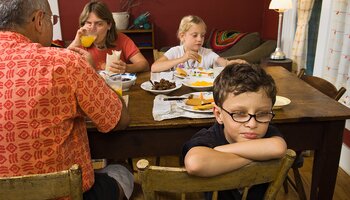
Mealtime Strategies for Picky Eating Behaviors of Toddlers in Center- and Home-based Day Care Settings
This study compared child mealtime behavior between their home and child care location, with different mealtime strategies used by caregivers and parents to identify which strategies worked across different settings.

Establishing a Community-Based Curriculum Materials Collaborative for Health Justice Science Education
This project will establish a Collaborative that will ultimately work toward adapting K-12 science curriculum materials to focus on health justice issues relevant to communities in Champaign County.

Building the Next Generation of Engaged Researchers: Utilizing Youth Participatory Action Research to Engage Teens in Community Policy Change
This collaborative project across researchers at Illinois, UIC, and Extension aims to build research and policy skills and attitudes among youth ages 13-18 to inform local and state programs and policies impacting young people.
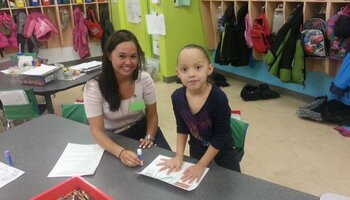
SPROUTS Growing Healthy Habits Project and Curriculum
This evidence-based healthy habits curriculum was developed for use with children ages 4 to 7. Each lesson focuses on a specific topic and includes a discussion guide, a hands-on activity, and an interactive book reading.
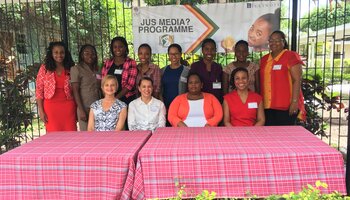
JUS Media? Programme: Food-Focused Media Literacy for Jamaican Families
This research project aims to combat the impact of US cable/media on eating habits in Jamaica by teaching youth and parents to question the health messages embedded in food advertising.
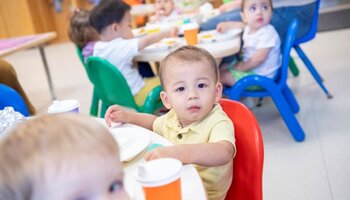
Feeding Kids in Care
The Feeding Kids in Care project examined program operations and administration and the benefits of the Child and Adult Care Food Program participation of young children and early-care and education professionals.
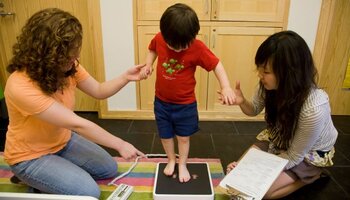
Food & Family Program
The Food and Family Program by the Christopher Family Foundation built positive connections between food and family life to promote healthy eating, preserve family traditions, and build stronger relationships, with an emphasis on children and youth.

Children's Environmental Health Center's Community Outreach and Translation Core
This project served as the organizing hub of information and emerging knowledge about the lasting health effects on the developing infant, child, and adolescent that may come from exposures to everyday chemicals, combined with diets high in processed foods.

Transdisciplinary Obesity Prevention Research Sciences (TOPRS)
This project developed an integrated transdisciplinary curriculum for undergraduate students on the causes and consequences of childhood obesity. The curriculum can be folded into an existing advanced research methods, practicum, service learning, or special topics course.
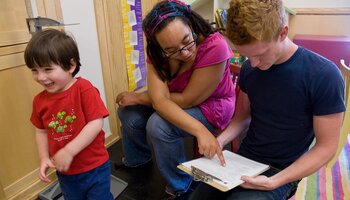
Illinois Transdisciplinary Obesity Prevention Program (I-TOPP)
This innovative Ph.D./MPH degree program had a focus on obesity prevention as well as child health and well-being.
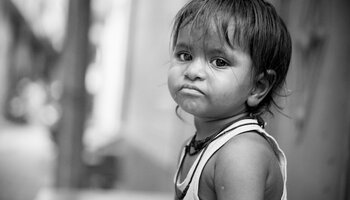
An Evaluation of the Backpack Program in East Central Illinois
The Backpack Program was designed to meet the needs of hungry children at times when other resources were not available, such as on the weekends and during school vacations. This project looked at three key questions about the program.

Out of School and Summer Feeding Program Evaluation
The goal of this evaluation project was to identify effective dynamic practices of after-school and summer feeding programs in order to ensure that children are provided with nutritious meals year round.
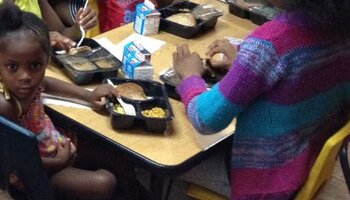
Hunger-free Summer Hub Evaluation
This project was a cross-site evaluation of an initiative that sought to determine how food banks could strategically partner with organizations in their community to increase access to, and participation in, summer feeding programs.

Dietary and Microbial Predictors of Childhood Obesity Risk
This project investigates the relationship between infants who were fed a combination of breast milk and formula and their risk for obesity.
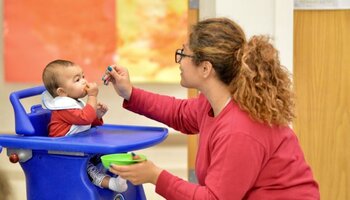
Protective Parents Project
This subproject covered the environmental, relational, biological, and behavioral characteristics related to child and family health in the first two years of life.
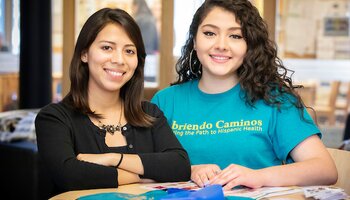
Abriendo Caminos: Clearing the Path to Hispanic Health
Abriendo Caminos established and contributed to obesity prevention interventions for Hispanic-heritage families, specifically focusing on low-income and low-literacy individuals.

The Pathways Project (Proyecto Caminos): Youth, Programs, and Parents
This study bridged the gap between research and practice with the objective of understanding the pathways of youth development in ways that were directly helpful to youth programs.
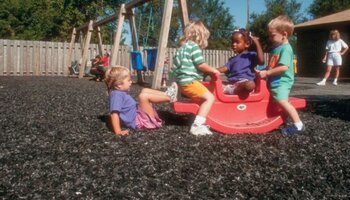
Illinois Early Childhood Activity Program (I-CAP)
This project advanced physical activity research by developing models of physical activity measurements for preschool children, which can be used in natural environments.
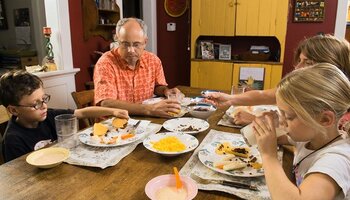
Project DINE
This project brought together researchers from several departments at the University of Illinois to study how family mealtimes relate to child and family health.

STRONG Kids 1
Varied researchers in the STRONG Kids 1 project examined how genetic, family, community, child care, cultural, and media factors contribute to the development of childhood weight imbalance, obesity, health behaviors, and health beliefs.

Gene—Microbiome—Environment Interactions
This project sought to understand how genetics, the gut microbiome, and the environment interact in affecting children's self-regulation, parental feeding practices, and family relationships at the dinner table.

Follow Through on the Intent to Breastfeed: The Impact of Non-Parental Child Care
The purpose of this study was to examine mothers’ perceptions of the facilitators and barriers to their ability to follow through on the intent to breastfeed their infants once the transition to non-parental child care was made.
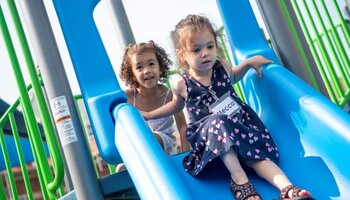
FOODTIME: Focusing on Obesity
This project worked with parents of 5- to 8-year-old children to develop new tools that parents could access online to teach their children about healthy routines, nutrition, physical activity, sleep, and obesity prevention.
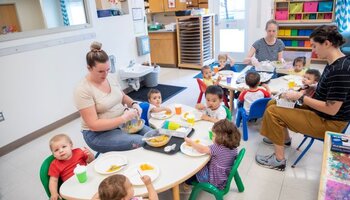
Improving Feeding Practices in Child Care Settings
The long-term goal of this postdoctoral fellowship project was to address early childhood obesity and enhance the nutrition and health of young children by improving feeding practices in early-care and education settings.

Assessing Food Security in Decatur
This project enabled community stakeholders in Decatur, Illinois, to better develop effective strategies to fight hunger in their community.

Families Eating and Talking Together
This project identified positive family events and routines that promote health and healthy development within families.
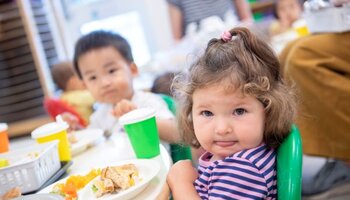
Microbial Interrelationships Between Mothers and Infants by Mode of Feeding
The objective of this study was to investigate the interrelationships between bacteria present on different microbial sites of infants and their mothers, and to gain a more in-depth understanding of how these bacteria were transferred between the pair.
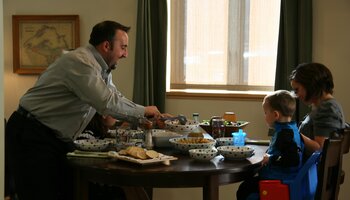
Fathers and Family Mealtimes: Identifying Men's Roles in Increasing Children's Healthy Eating Habits
This project explores the unique roles played by men’s weight-related parenting behaviors during mealtimes and how such behaviors are related to children’s healthy eating habits during the early childhood years.
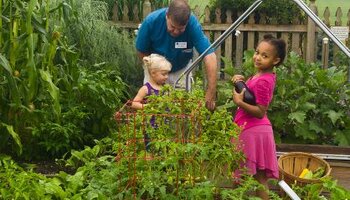
Gardening and Family Health
The Gardening and Family Health project investigated the influence of gardening on individual health, in an effort to extend its benefits to family rituals and routines.
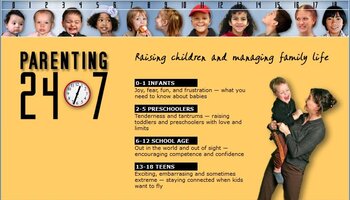
Evaluating the Effectiveness of an Online Parenting System for High-Risk Parents
This project evaluated the effectiveness of the online resource system Parenting 24/7 for supporting the acquisition of developmentally appropriate expectations for children, confidence in parenting skills, and positive parenting behaviors among high-risk parents.
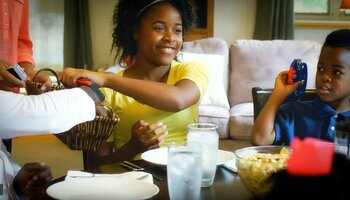
Family Dinner Campaign Evaluation: Kids Eat It Up
This project started conversations with parents about strategies for successful family meals by disseminating Mealtime Minutes public-service announcements through varied media platforms.